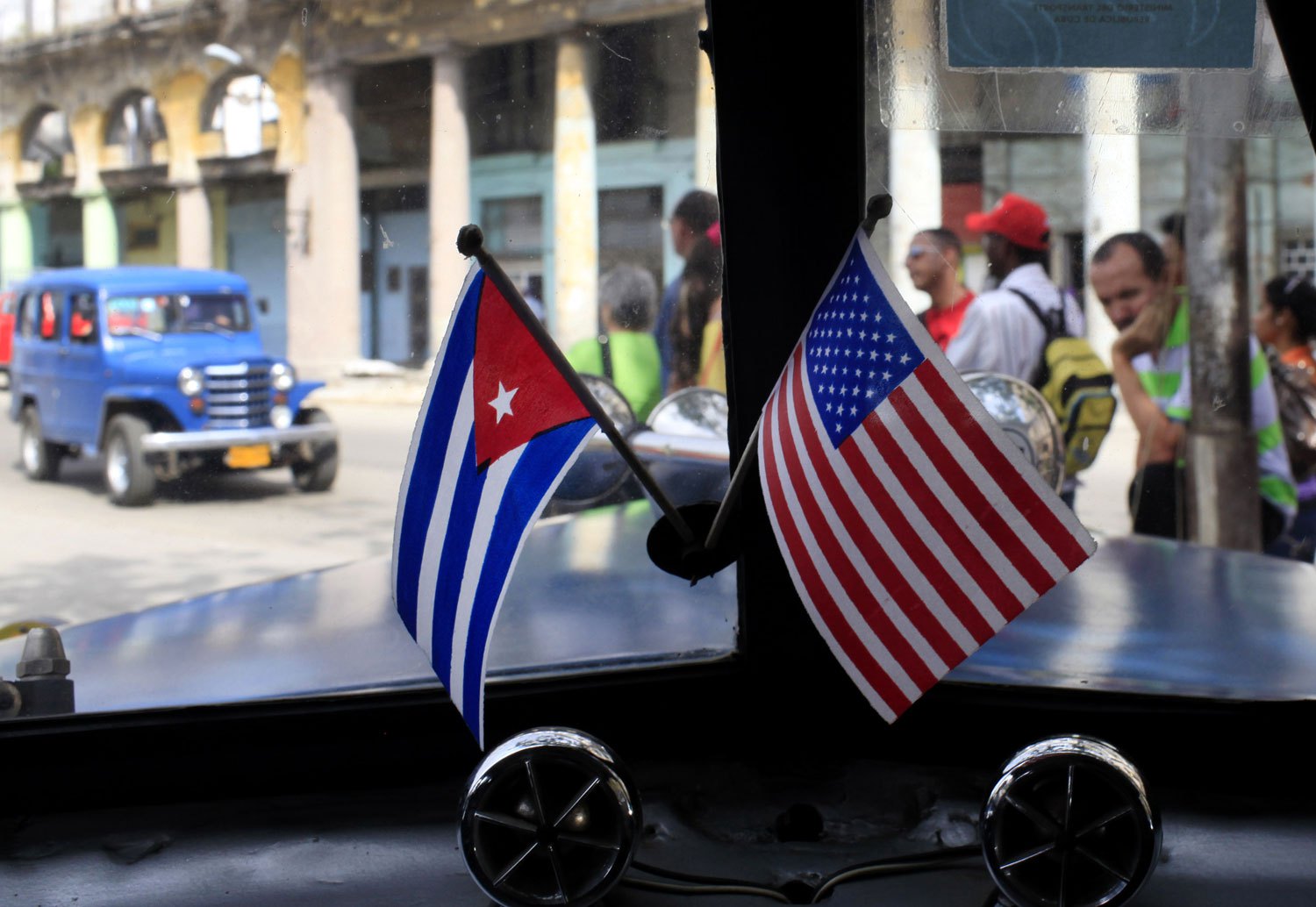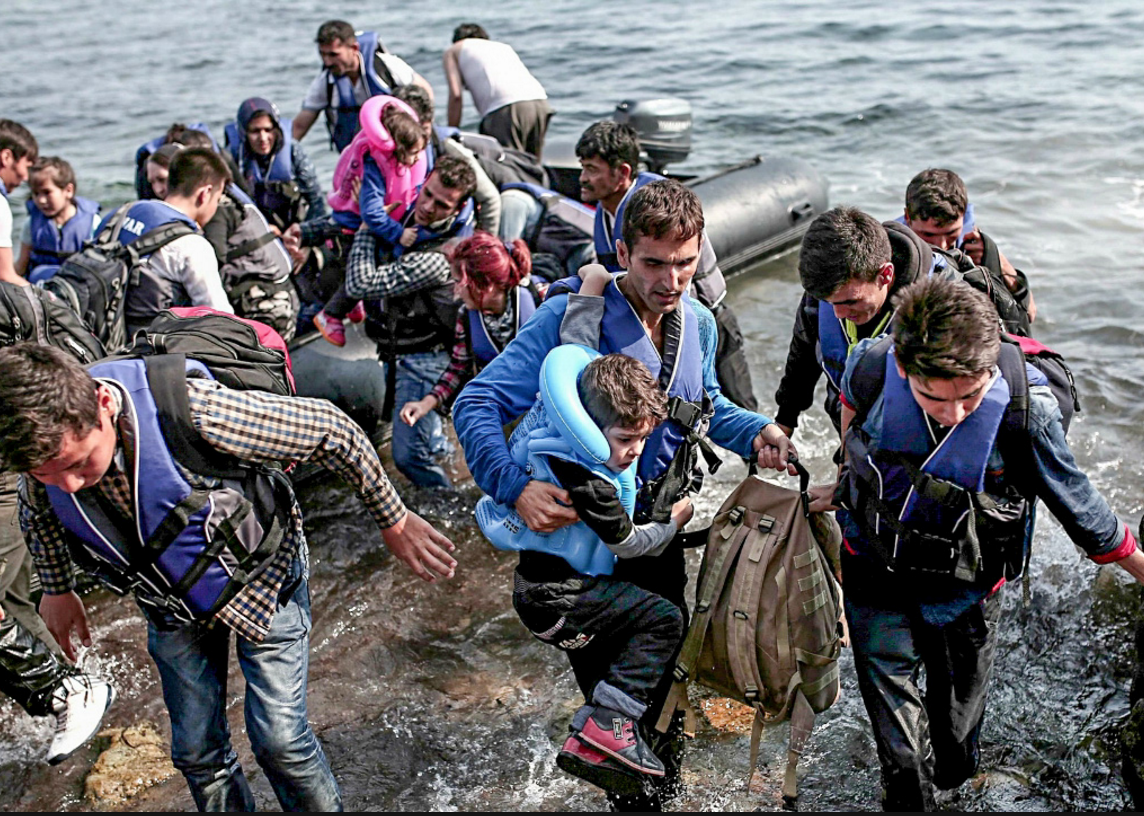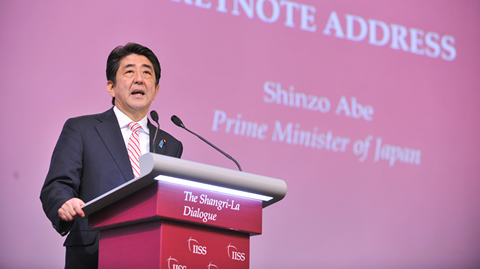On April 2, 2015, AirBnb announced it would allow Cuban nationals to post housing rental opportunities aimed specifically at the American market. AirBnb is one of the first American companies to take advantage of relaxed US regulations towards Cuba. Their expansion into Cuba will bring huge market potential to the tourism-based economy of the island.
Until this announcement, AirBnb was forced to block IP addresses which originated in Cuba. This restriction on US websites was in accordance with the provisions of the US embargo against Cuba. Talks began on January 20, 2015, between AirBnb, the US Department of State, and the Office of Foreign Assets Control when restrictions were relaxed on US travel to Cuba. In February and March the company began sending representatives to Cuba in order to explore the market and learn more about the concept of casas particulares: a network of private homes rented out to tourists from Canada, Spain, and the rest of Europe which operate as vacation rentals or bed and breakfasts. It was on this existing platform that AirBnb built its first operating model in Cuba.
Americans are now able to choose from over 1000 vacation locations across the island. However this service still comes with some major restrictions. Americans who wish to use AirBnb must still be eligible to travel under one of the twelve visa categories listed by the US Department of State. In reality, this severely limits the number of Americans who can travel to Cuba in the foreseeable future. Access to funds will also be an issue. AirBnb typically operates by taking payment for the service by credit card: the company takes a three percent cut, and then deposits the rest in the bank account of the person renting out the location. However, American banks are not permitted by law to make transfers directly into Cuban bank accounts so the company will be forced to rely on a service in Florida that specializes in remittances to Cubans (VaCuba), creating additional fees.
There is also the very real possibility that internet service will become an issue. In theory, 25% of the country has access to the internet. In reality however, email and internet access are rigidly controlled by the government. Most experts place connectivity at about five percent. Most people who rent out locations will rely on accessing internet at internet cafes or hotel lobbies that offer it. Even then the internet system is not strong enough to handle the high bandwidth that is required to handle AirBnb requests. Hosts need a strong internet connection in order to be able to read and respond to the multiple requests they are getting. If they lack this service, it will create issues in responding to requests which will inconvenience both them and the potential renters.
While there are still many roadblocks to the implementation of AirBnb services in Cuba, these preliminary steps represent an important milestone in the development of American investment in the Cuban economy. AirBnb, unlike Netflix and MasterCard, is one of the first American companies to enter Cuba that will have a direct and immediate impact on the Cuban economy. Money will be able to enter directly into the hands of the Cuban people without having to pass through the Cuban government. Already trips to Cuba by Americans is up 20% since travel restrictions were eased. This type of expenditure will lead to an entrepreneurial economy. In turn, entrepreneurs will be able invest their earnings in the faltering Cuban economy. This will hopefully lead to economic growth. In a country whose economy relies so heavily on tourism, these seemingly small steps may well set the stage for improved economic stability even as they contribute to the improvement of relations between the two countries.





